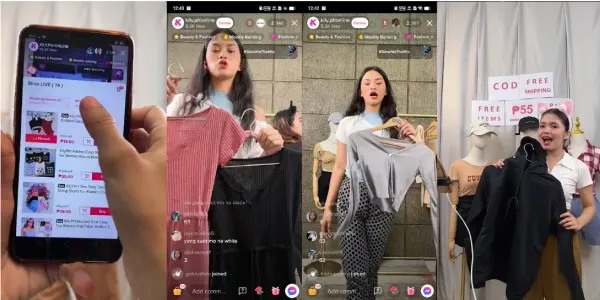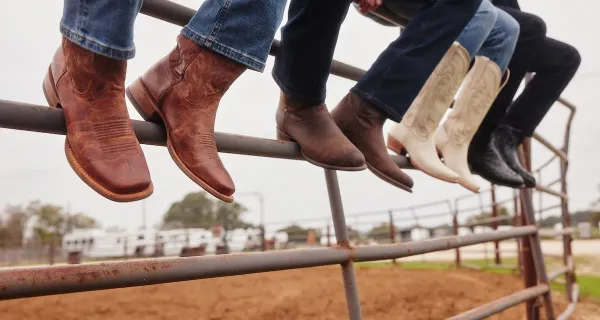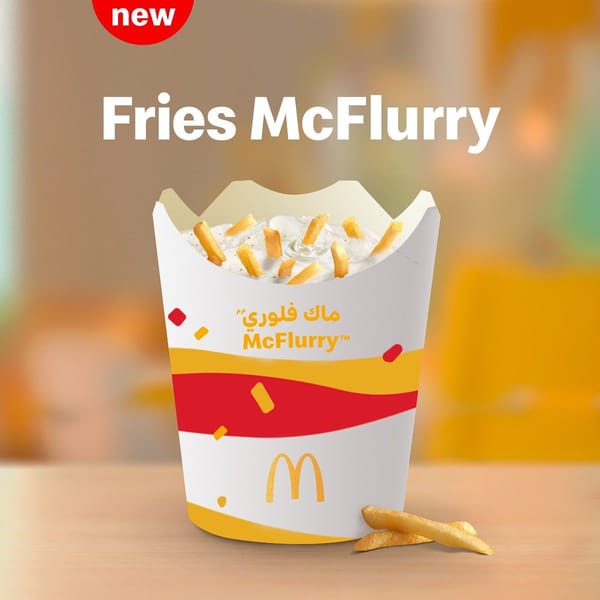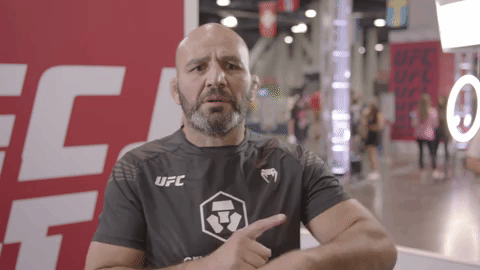Free Beer (But Only If You Pick Up Litter)
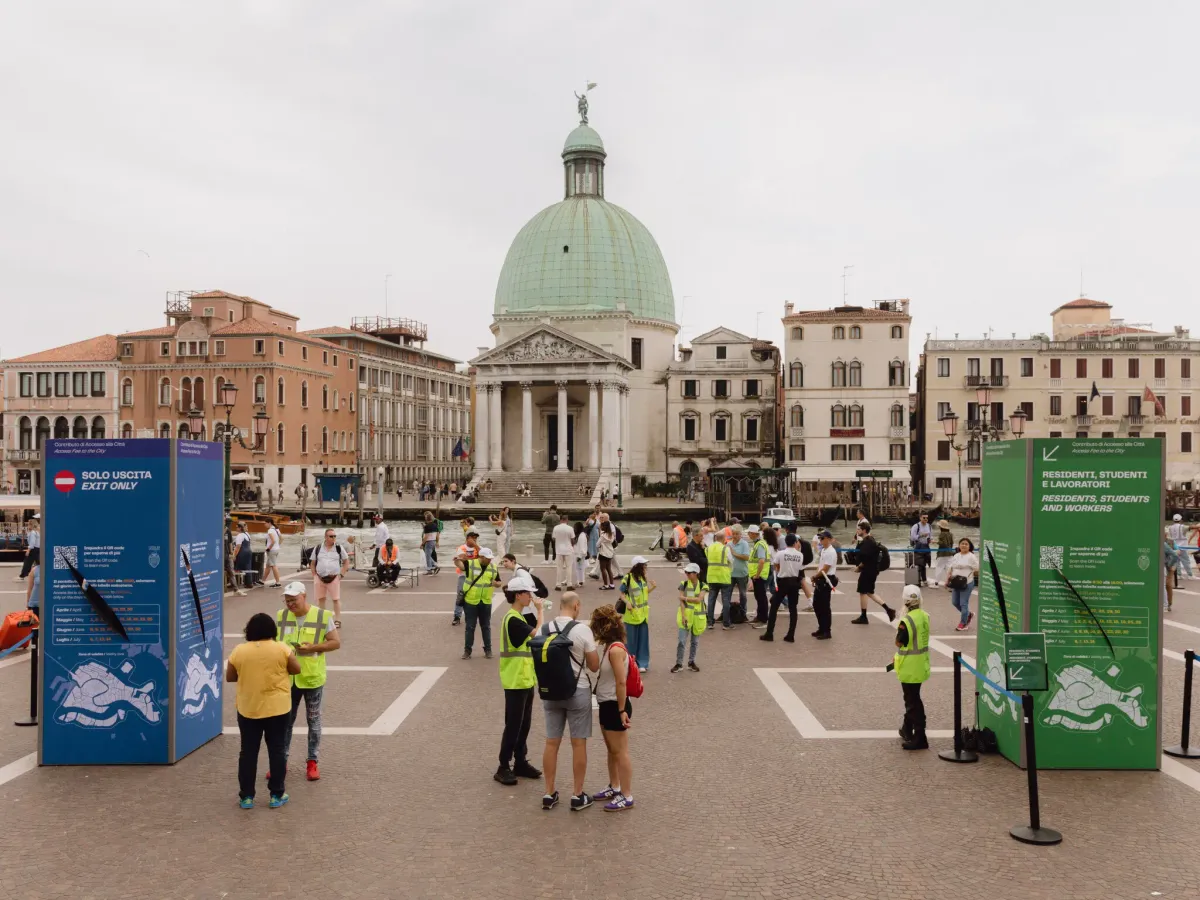
Good morning everyone, welcome to Friday Business No. 7. Hope everyone has a good weekend, let's get to the headlines.
📰1/ Headline Roundup:
A brief review of a few interesting headlines you might have missed this week.
Why Consumer Reports lifted its decades-long ban on mentioning ratings in ads
Consumer Reports magazine, a long-trusted neutral source for product reviews and ratings, has begun to relax their long-held policy that product manufacturers can’t mention Consumer Reports in advertising, with some key restrictions.
L’Oreal Earnings Rise on Growth Outside of China
L’Oreal’s Q2 filing had something interesting in it: They aim to reduce their reliance on China. With China working through some economic headwinds, the rapid growth that had been available in that market is harder to find for many brands there.
Inside e.l.f. Beauty’s need for speed
The cosmetic brand e.l.f. considers “moving at the speed of culture” a high priority. They launch new products based on TikTok consumer feedback, and post content with Love is Blind winners days after the final episode. They also take risks, including helping Mount Rushmore’s George Washington with a zit. Their CEO Laurie Lam’s take on avoiding a “watch and see” model:
“It’s less about whether or not we wait for metrics to tell us to jump into something. It’s more about just going in because we believe it’s the right thing to do in some cases, or because we have something we need to offer...It’s always been evolve or die, and lean in the right way.”
💵 2/ Cheap Strategy
Each week, I'll write up a short business strategy recommendation for a firm, brand, or startup I've got no connection to and very little experience with. I'll make two promises each time - it'll cost them nothing and may be worth the same.
This week: We’re looking at incentives in the tourism business.
The headlines:
- Tourism offices around the world are looking into ways to encourage travelers to adopt certain behaviors.
- Positive reinforcement seems to be on the rise: Cophenagen is rewarding travelers for taking public transit, the Florida Keys are offering goodies like tote bags for checking in at certain attractions, and Squamish in British Columbia is experimenting with free beer or ice cream in return for picking up trash.
- Negative reinforcement seems to also have a place, although not without criticism: Venice’s policy to charge travelers a daily fee just to be there received significant negative feedback.
- The concept is starting to make its way into business plans: Castle Resorts & Hotels is offering up to 15% off rooms for guests that are willing to do a volunteer experience while there.
The problem: Low adoption. In Q1 ‘24, Hawaii reports less than 5% of Americans visiting participate in a volunteer program on their trip.
The prompt: If you were on a tourism board and wanted to drive more of this, how might you do that?
- Build a network of small businesses in the food and beverage space who want to get involved. Squamish’s Red Bag Initiative is smart because it gently propels visitors towards local businesses after a hike. Got a great coffee shop, or good local brewer in town? Those would be my first calls.
- Build around existing moments: Are a bunch of runners coming into town for a marathon? Link up with the race’s organizing committee to make it a part of the race day, i.e. an extra beer token after the race for runners who used public transit, or a station for race visitors there to watch a runner to do a small volunteer task. If there’s a music festival coming up, could you offer a partial reimbursement for their wristband if they stick around after to clean up?
- Tell better stories: Find a local student or aspiring filmmaker and give them an opportunity to help you clearly tell the story of why the program is in place. If you can consistently tell a compelling story of “here’s the beauty of this place, and here’s how we’re working to keep it that way” and do it in a way that moves well on the internet, you can build an audience of interested people who want to spend their hard-earned money to come visit.
🍫 3/ An Andes Mint Before You Go
At Tex-Mex restaurants in Dallas, it's very common to be presented with one Andes Mint per person when paying your tab at the end of a meal. I think it's a lovely touch after I've housed five bowls of tortilla chips, and this is my attempt each week to round this thing out the same way.
George Mack, an English writer, has an interesting concept called a “midwit.” Best I can summarize it, it’s somebody who adds maximum unnecessary complexity or effort to systems, processes, or how the work gets done in an effort to eke out a little more productivity. They’re the opposite of 80/20, so focused on productivity they wrap back around to un-productivity.
Here’s his essay on it, but I’ve got one part copied in here:
Example 2: "I want to become a writer"
The midwit will start learning about writers morning routines or researching the best writing software.
Instead, how would you assure you became a worse writer in 2024?
1. Do not write
2. Write inconsistently
3. Write about things you find boring
Now you've found the simple ideas the guy on the left will come up with:
1. Write
2. Write consistently
3. Write about things that excite you
I think it’s a really interesting framework, especially for an overthinker like me - if you want to get good at something, identify the first big few things you’d do if you wanted to get worse at something. Then, what are the opposites of those things? Just focus on doing those, and watch what happens.
Go get 'em, y'all. We'll do this again next Friday.



